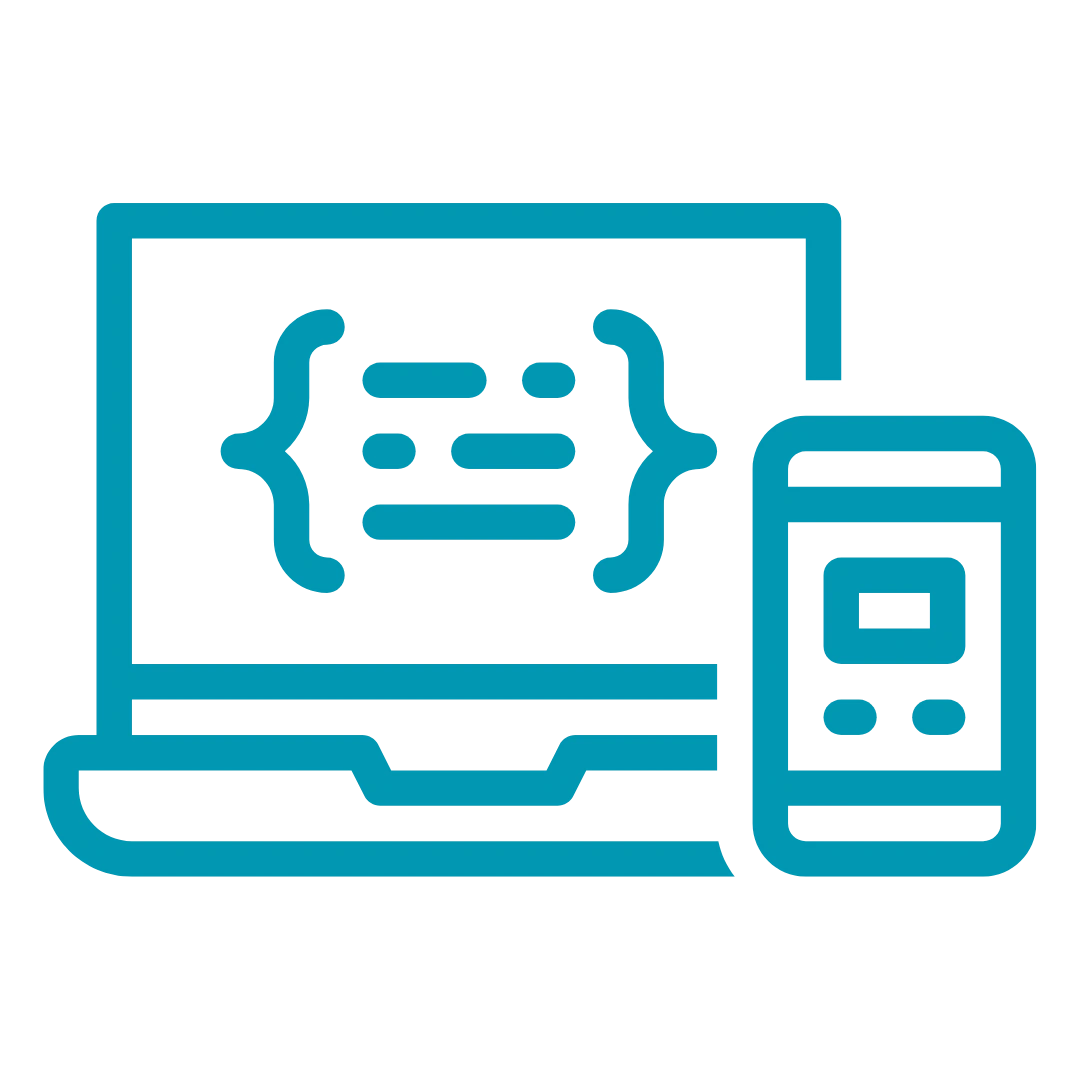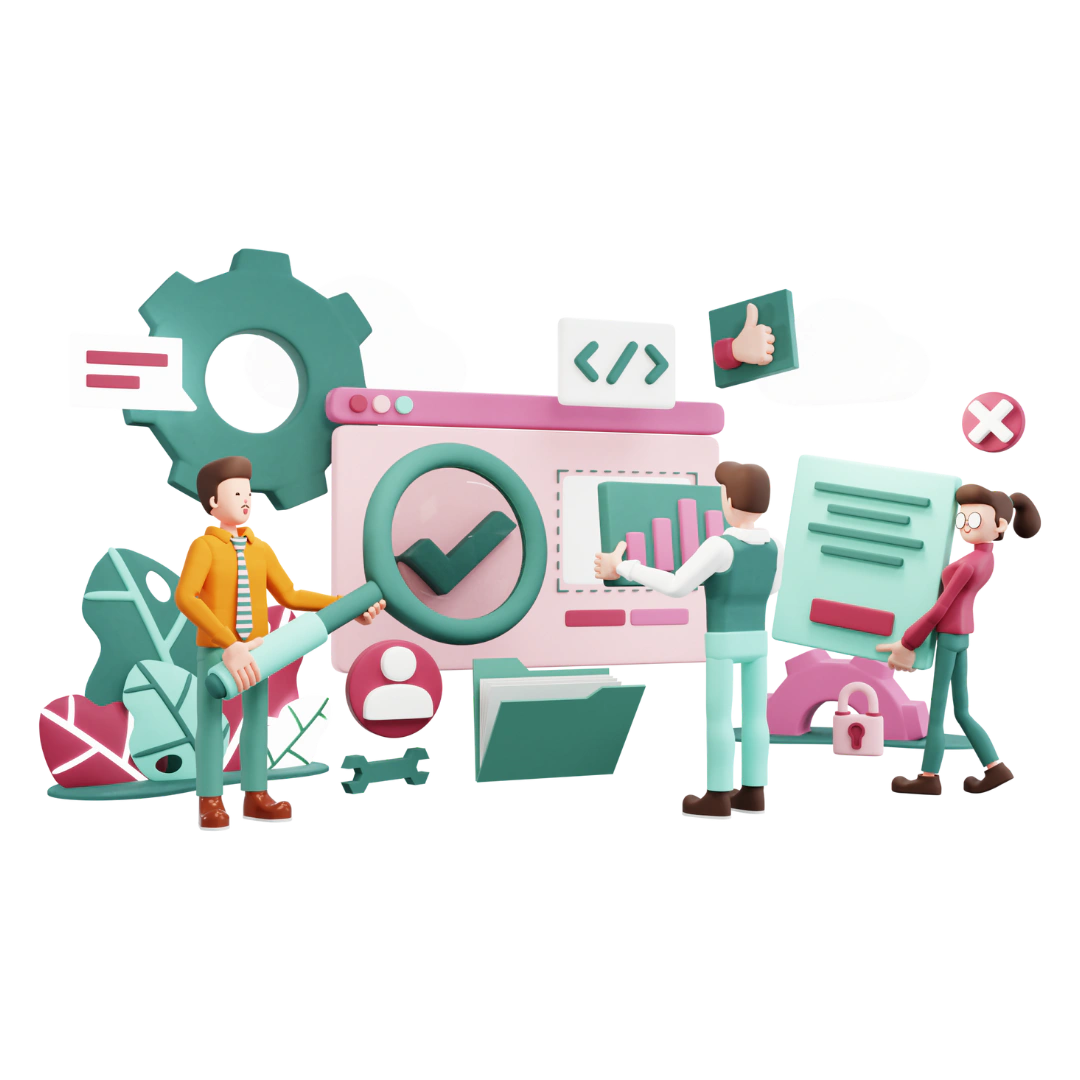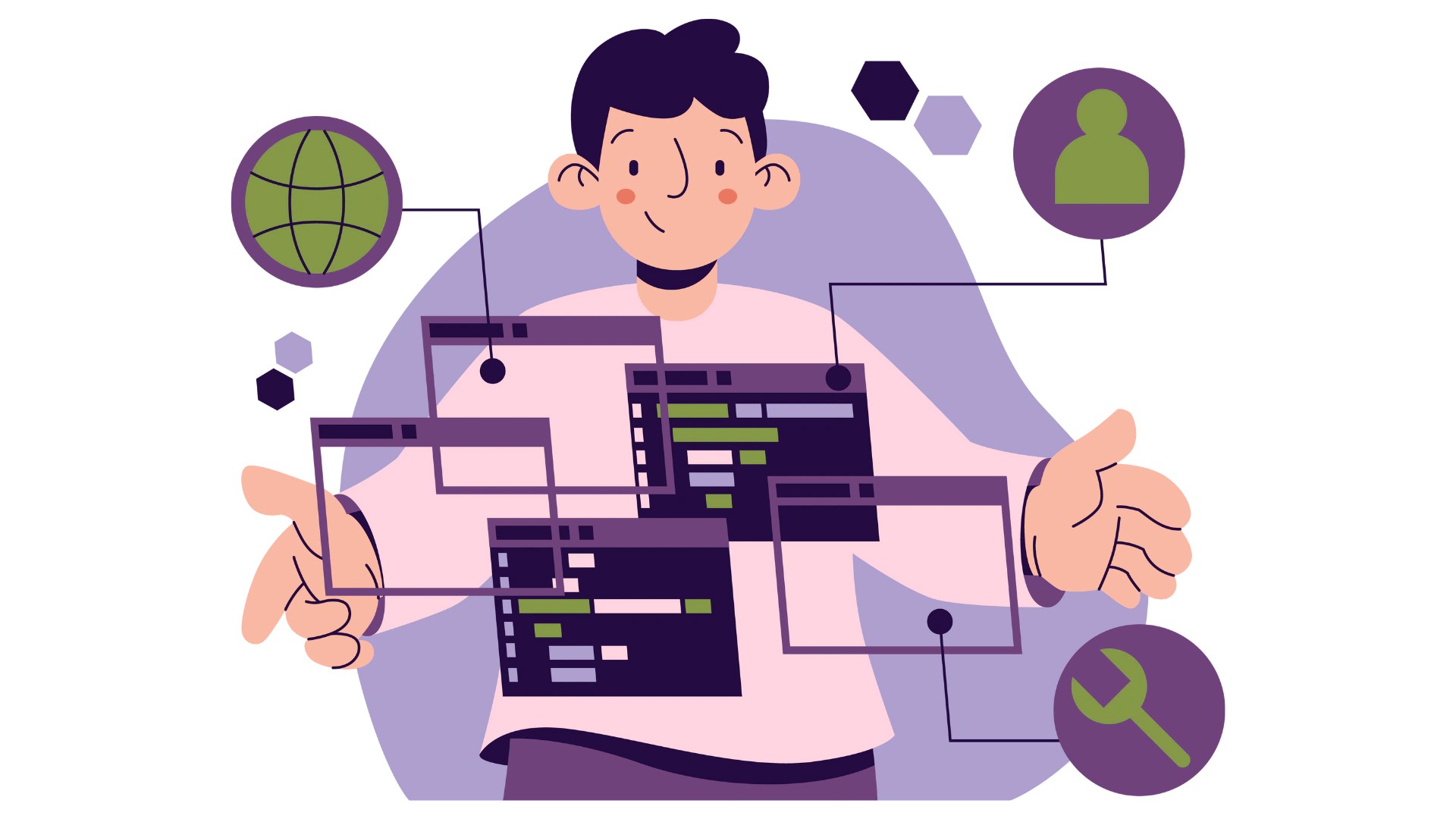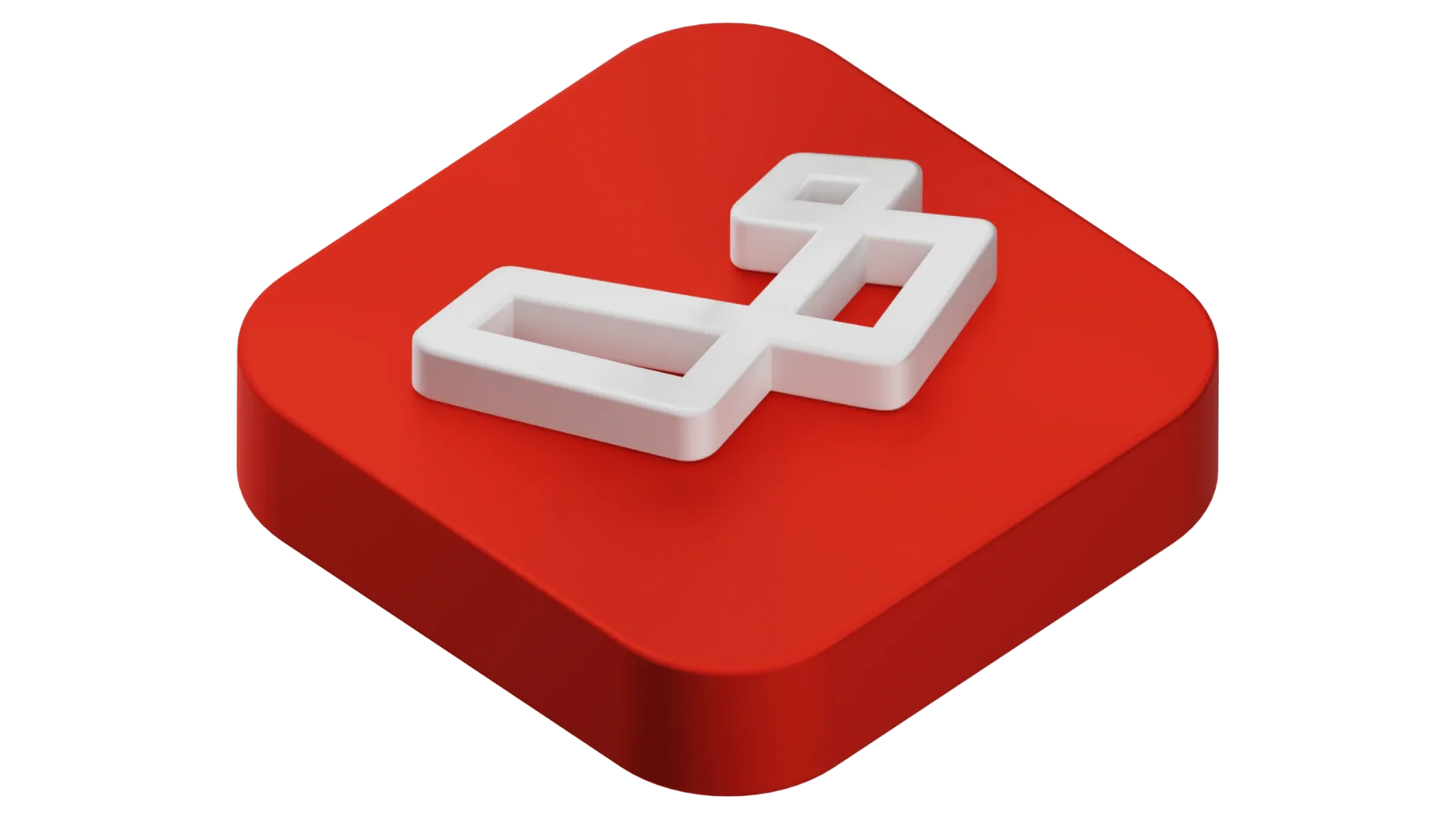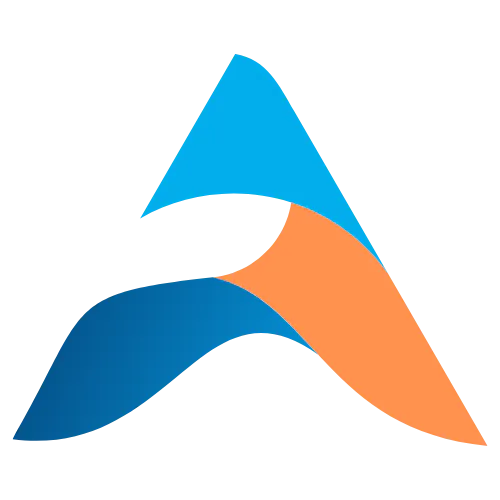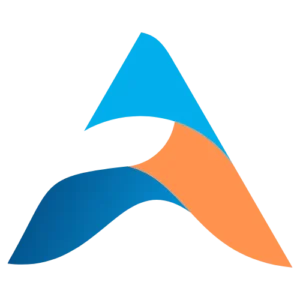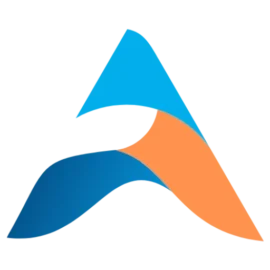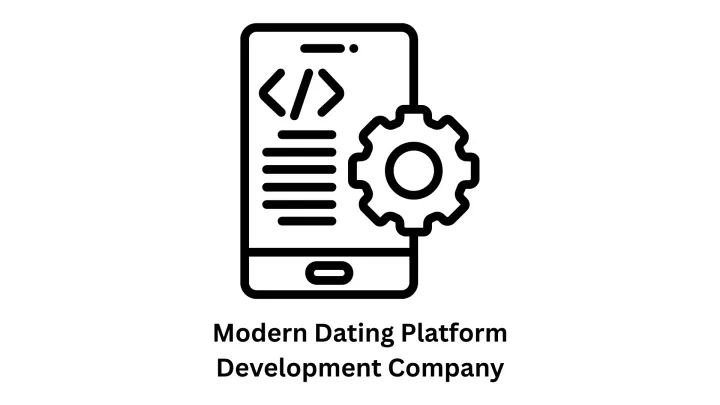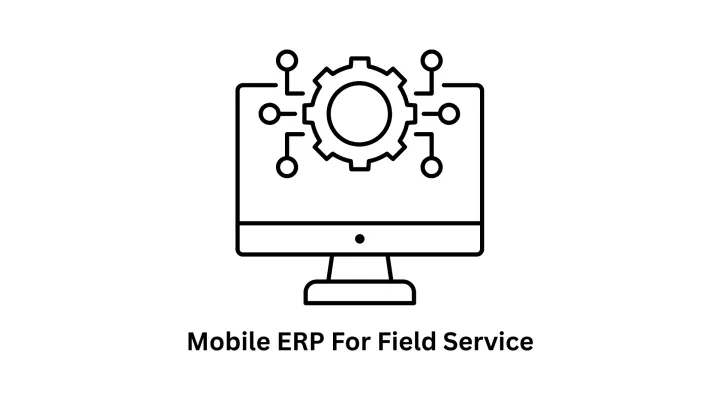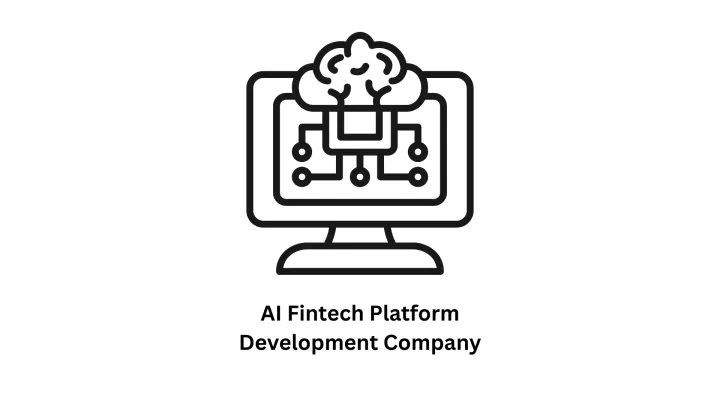The DIY Guide to Laravel Development: Unleash Your Web App Potential
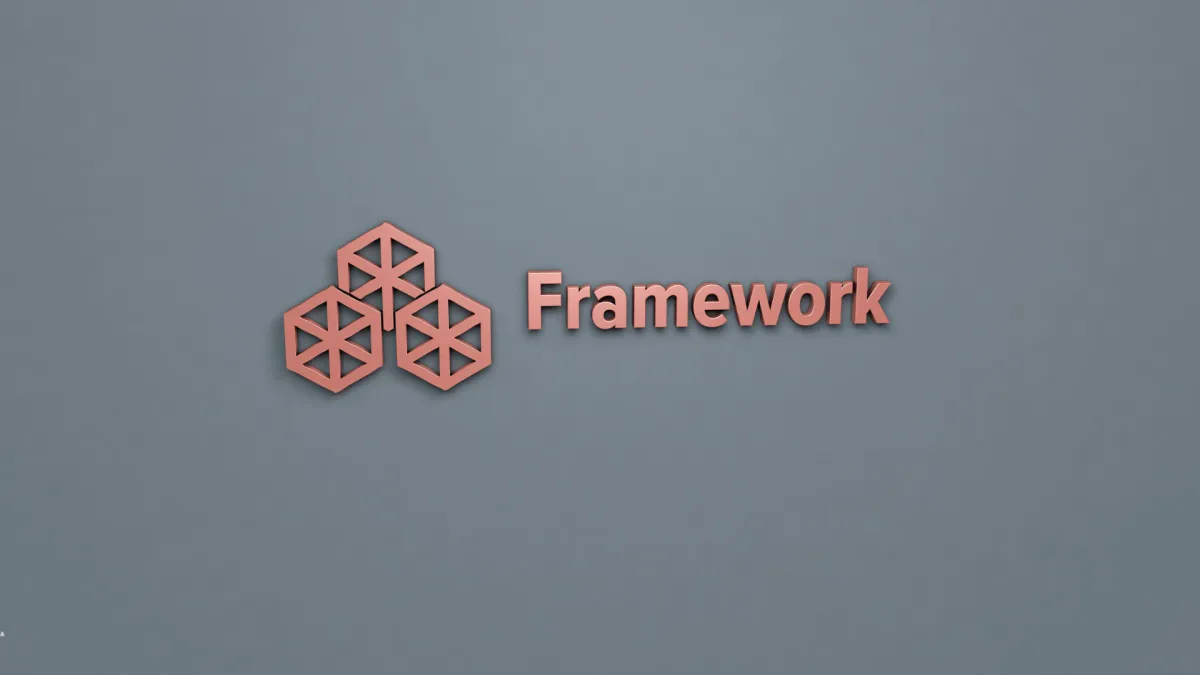
Laravel, a popular PHP framework, is known for its elegant syntax, powerful tools, and developer-friendly environment. Whether you're a coding enthusiast or an aspiring entrepreneur, learning Laravel can open up a world of possibilities for building robust and scalable web applications. In this guide, we'll walk you through the steps to embark on your DIY Laravel development journey.
Why Choose Laravel?
- Simplified Development: Laravel streamlines common tasks like routing, authentication, and database interactions, saving you time and effort.
- Vibrant Community: A vast and active community means ample resources, tutorials, and support when you encounter challenges.
- Modern Features: Laravel embraces the latest web development trends, including RESTful APIs, real-time features, and efficient caching mechanisms.
- Flexibility: Customize your web applications to your exact requirements with Laravel's modular structure.
Getting Started
- Prerequisites:
- Basic understanding of PHP and web development concepts
- Local development environment (XAMPP, WAMP, or similar)
- Composer (PHP package manager)
- Installation:
- Install Laravel using Composer:
composer create-project --prefer-dist laravel/laravel your-project-name - Set up your database credentials in the
.envfile.
- Install Laravel using Composer:
Building Your First Laravel Application
- Routes: Define the URLs of your application and their corresponding actions.
- Controllers: Handle user requests, fetch data, and return views.
- Views: Create the visual templates for your application's pages.
- Models: Represent your database tables and interact with your data.
- Artisan: Use Laravel's command-line tool for generating code, managing migrations, and more.
Dive Deeper
- Eloquent ORM: Learn Laravel's powerful database query builder for efficient data management.
- Blade Templating: Master Laravel's intuitive templating engine for clean and dynamic views.
- Authentication: Secure your application by implementing user registration and login features.
- APIs: Build RESTful APIs to power mobile apps, single-page applications, or external services.
Going Beyond the Basics
- Explore Packages: Leverage the vast Laravel ecosystem of third-party packages for added functionality (e.g., debugging tools, admin panels).
- Testing: Write automated tests to ensure your application's reliability.
- Deployment: Get your application live on a web server.
Need a Helping Hand?
While DIY Laravel development is rewarding, complex projects might require expert assistance. If you're looking for professional web development services, web application development, e-commerce solutions, SEO, digital marketing, Search Engine Optimization (SEO), social media ad, Android App Development, Classified App Development, Grocery delivery App Development, Job portal App Development or even specialized blockchain and cryptocurrency development, consider partnering with a Laravel development company like Associative.
Let us handle the technical complexities so you can focus on your core business. Contact us today to explore how we can bring your web app vision to life.
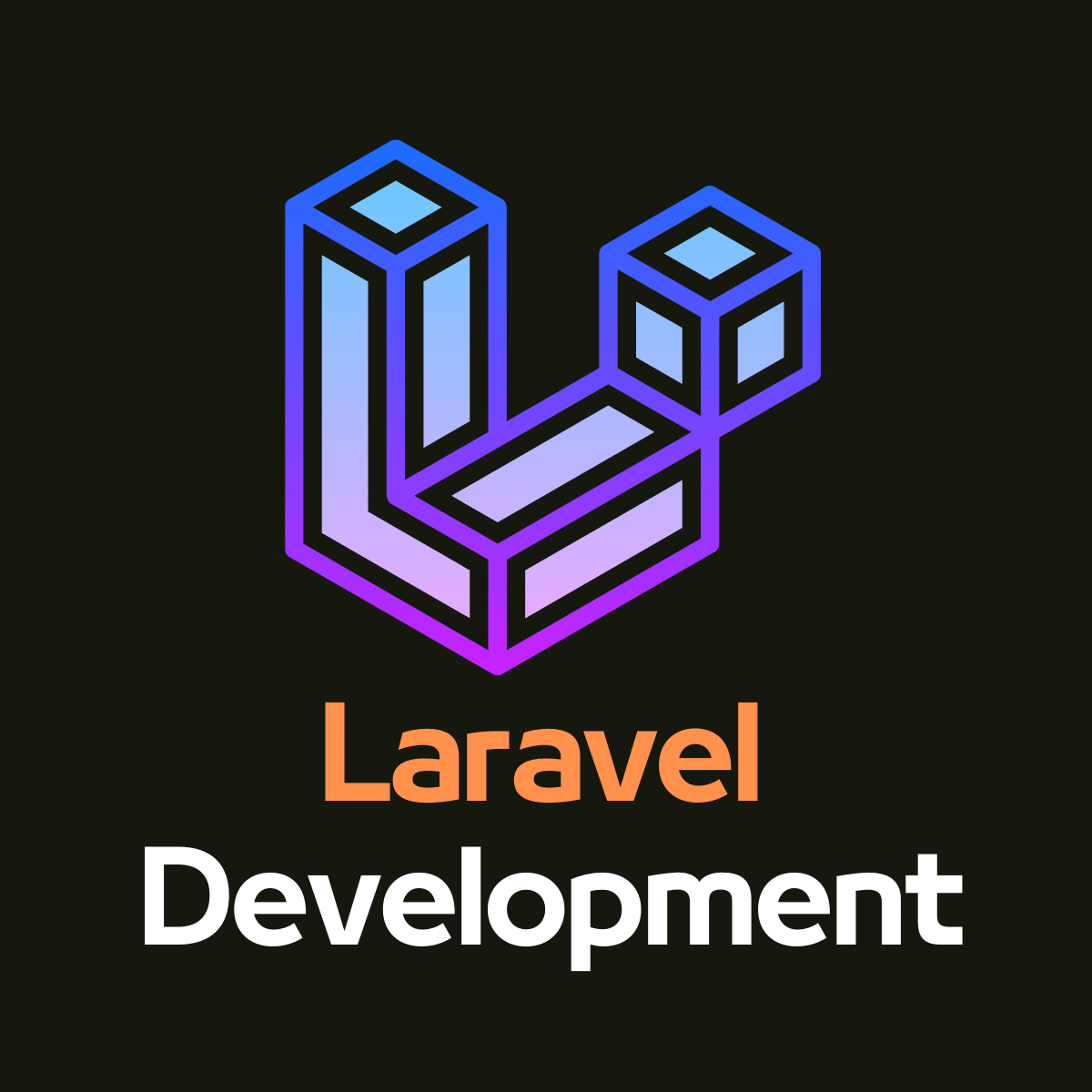
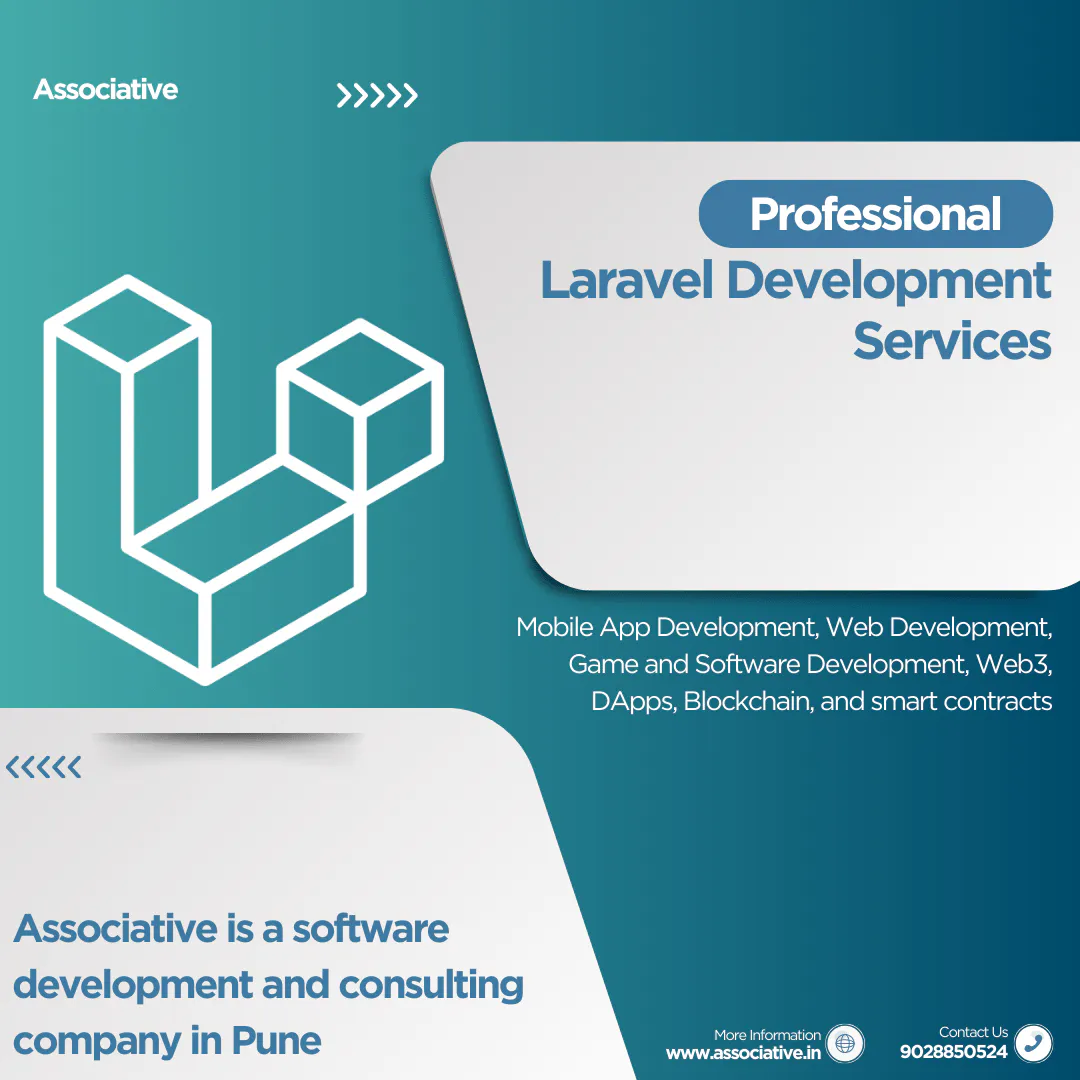
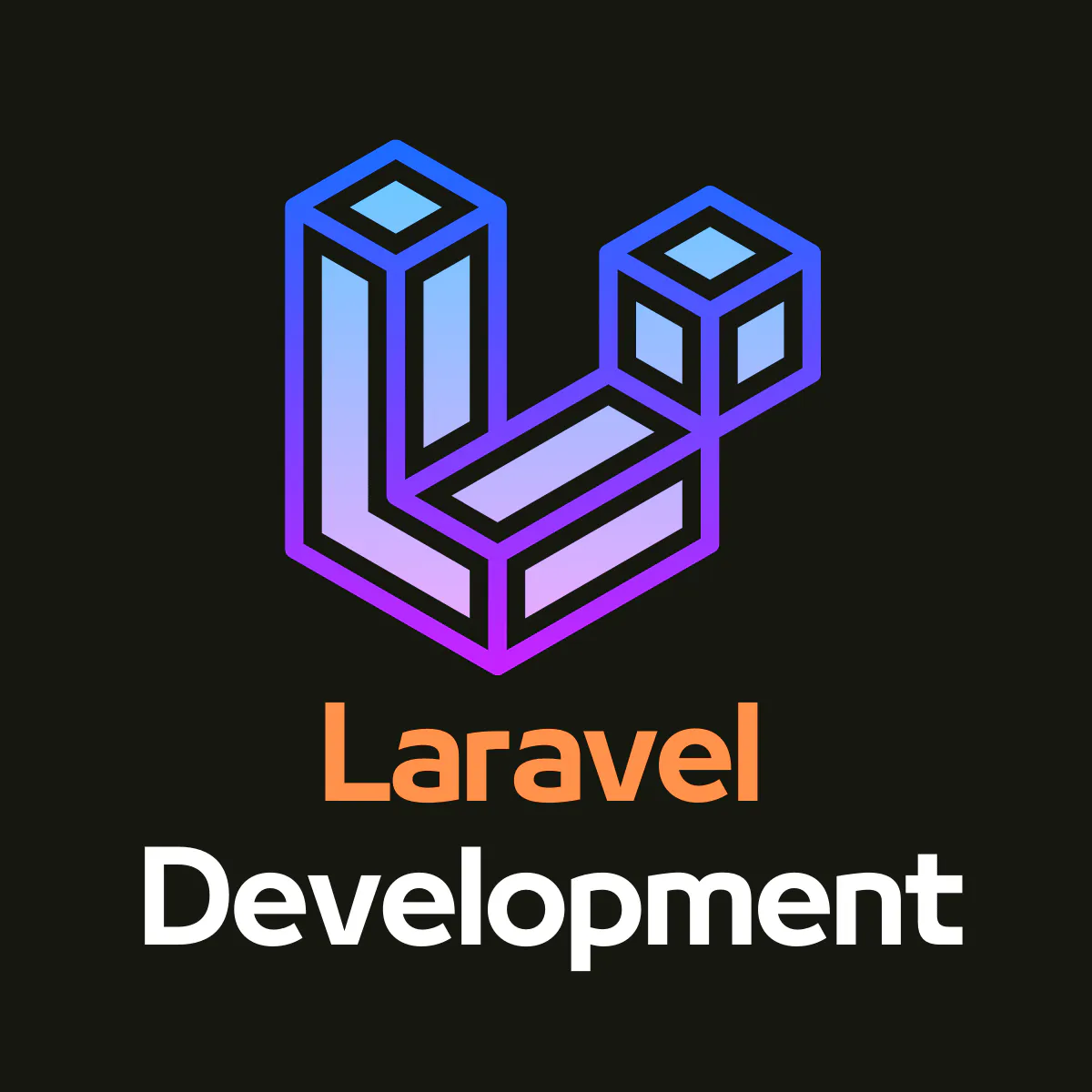
To learn more, consider reading other articles, blogs, and stories in this area.
